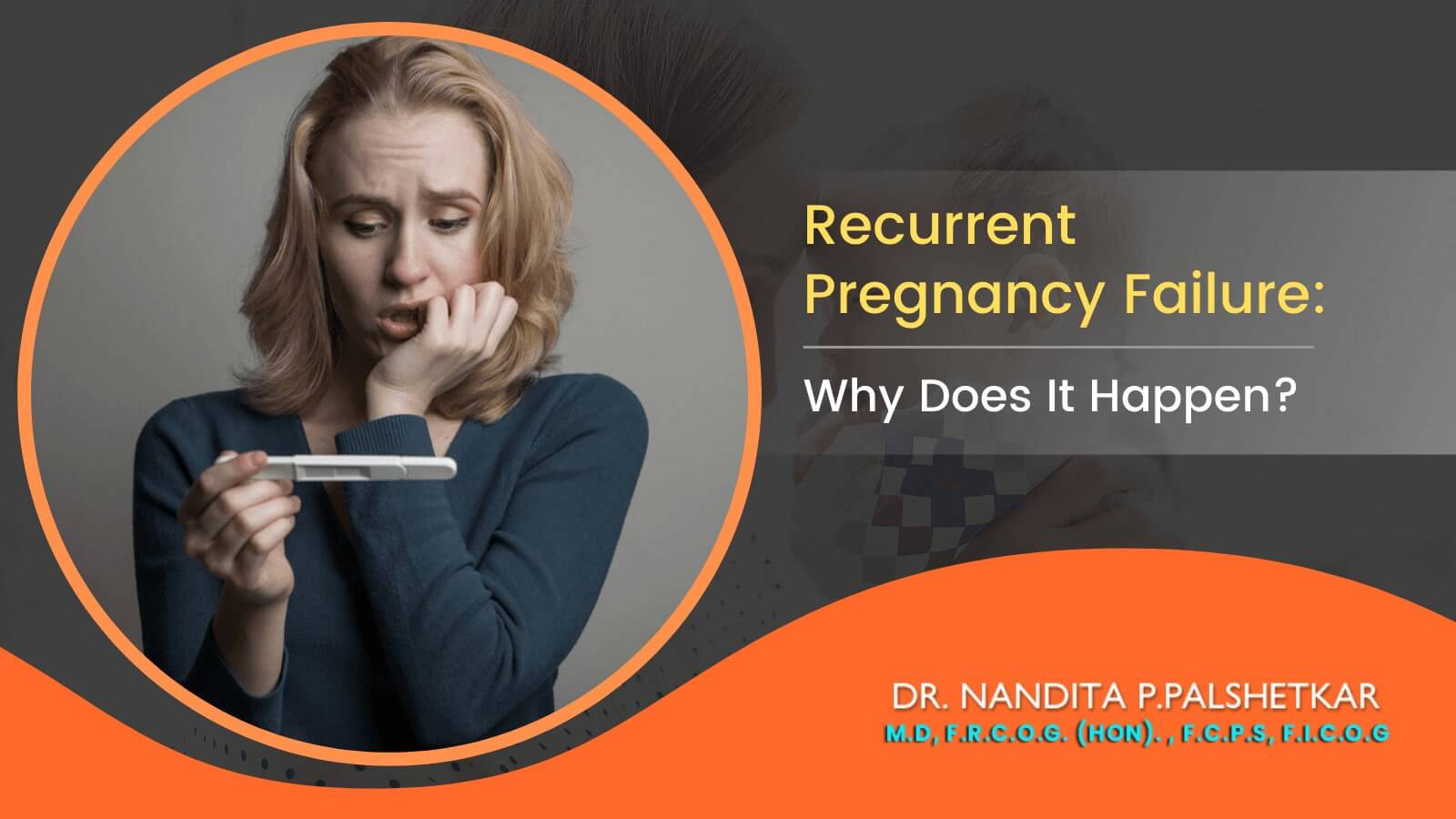

E-Brochure Download Now!

Pregnancy is an occasion of celebration and happiness for most of us, but seldom this good news turn bad when miscarriages happen. It becomes even worse for women who suffer more than one pregnancy loss. According to reports, 10% of pregnancies in India end spontaneously. However, it is crucial to understand that just because something is called a "miscarriage," it doesn't mean you did anything wrong by carrying the pregnancy. The majority of miscarriages are unavoidable and happen when the fetus stops developing. Let's dive deeper into the reasons and treatment options for recurrent pregnancy loss.
The term "recurrent pregnancy loss" (RPL), sometimes known as "recurrent miscarriage" or "habitual abortion," refers to three successive pregnancies lost before 20 weeks after the last menstrual period. Most miscarriages happen during the first trimester of pregnancy. Each pregnancy loss that has an unknown cause deserves careful consideration to see if a specialized evaluation is necessary. If there have been two or more losses, a comprehensive investigation is required.
While often the reasons for miscarriage are not obvious, it is worthwhile to look more closely at possible causes if you have not had a live birth and have had two or more miscarriages. Here are a few potential reasons for miscarriage:
Each miscarriage you have may be different. Typical symptoms of a miscarriage include:
If you are experiencing such symptoms, you need to consult the best gynecologist near you, and if you are in Mumbai, then Dr. Nandita P. Palshetkar could be your best option.
If you have suffered two or more miscarriages, you should talk with your healthcare provider. Some of the available treatments for pregnancy loss include:
The known risk factors for RPL are:
The psychological and emotional impact of recurrent pregnancy loss is significant for couples. Getting to the root of repeated miscarriages requires seeking a physician with expertise in this area. If you suffer two or more miscarriages, then you should seek a specialist.
We are aware of the extreme physical and emotional strain that repeated pregnancy losses may cause for both women and their families. The first step to realizing the goal of a healthy pregnancy is to work closely with patients to identify the underlying causes of particular issues. If you are looking for the best gynaecologist near you in mumbai to get treated for recurrent abortions, then make an appointment or request a free consultation with Dr. Nandita P. Palshetkar, one of the top fertility doctors in Mumbai. She has pioneered IVF and infertility doctor in Mumbai and India for three decades and will customize your treatment plan accordingly.